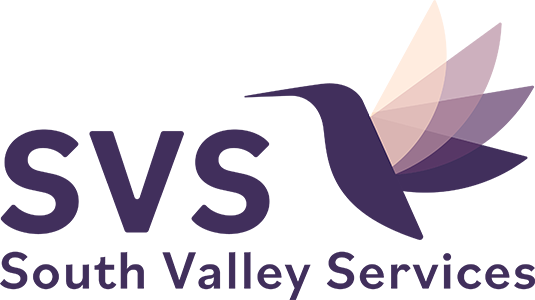Our Shop
What does the Survivor Resilience Fund help support?

Utility and Rental Assistance
Flexible funding can help cover past-due utility balances, preventing shutoffs that would place her family at risk of losing housing. It can also assist with security deposits or connection fees for new utility accounts, which are often unexpected upfront costs that survivors cannot afford.

Home Security
For victims who are unable to leave their homes and/or have their perpetrators removed from the home, a home security system can be critical to their safety. Not only does it allow them to monitor if their perpetrator comes to their home uninvited, but it can also capture evidence of a perpetrator violating legal statutes (e.g., No Contact Protective Order Violation) that the victim can show to the police.

Childcare
With the increased costs in childcare and some victims being sole providers after leaving an abusive relationship, childcare costs can be an extreme financial burden. This assistance allows victims to have their children in a safe environment so they can look for or maintain employment.

Work Clothes and Supplies
Some job fields require victims to supply their own tools or specific work attire. These unforeseen costs can sometimes deter victims from a great employment opportunity. Assistance with these costs can motivate and support victims into careers to help them obtain financial stability.

ESL or GED Classes / Job Training
Allows victims to cover the cost of GED enrollment and study materials for survivors who cannot afford those costs on their own. Access to job training programs can make their resumes for employment more competitive and increase earning potential.

College books, application, or testing fees
Can help purchase required textbooks and pay for application fees, which are expenses that often prevent survivors from pursuing higher education. This support helps survivors gain skills, increase earning potential, and achieve long-term stability.

Transportation
Can provide bus passes or taxi fares, ensuring victims have immediate transportation to work, court dates, and counseling sessions. If a victim has a vehicle, funds may cover gasoline cards so they can afford gas for daily commutes. In cases where the car is unsafe to drive, minor repairs or new tires can be funded, preventing breakdowns and allowing victims to maintain employment and stability. By reducing transportation barriers, flexible funding helps survivors stay connected to jobs, education, medical care, and legal resources, all of which are vital for long-term safety and independence.

Driver’s license and other forms of identification
A survivor fleeing abuse often leaves without important documents, or their perpetrator may destroy important documents. Flexible funding can cover the cost of replacing a driver’s license, state ID, or birth certificate, which are essential for securing housing, employment, and benefits.

Legal Document Fees
Survivors may need funds to pay for protective order filings, custody agreements, divorce paperwork, or immigration documents. Covering these expenses removes a financial barrier to safety and long-term stability.

Counseling and Therapy Services
Trauma from abuse can impact every area of a survivor’s life. Flexible funding can cover copays, uninsured counseling sessions, or specialized therapy for children, ensuring survivors and their families can begin to heal.

School Clothes & Supplies, Activity Fees & Equipment, Tutoring
Children who experience domestic violence often fall behind in school. Flexible funding can provide back-to-school clothes, backpacks, activity fees, sports uniforms, or tutoring, helping them regain a sense of normalcy and stability.

Infant and Toddler Safety & Care Items
Parents fleeing abuse often arrive with very few belongings. Flexible funding can help purchase diapers, wipes, formula, clothing, cribs, strollers, or car seats, ensuring infants and toddlers are safe and cared for.


